Adoption in Ancient Rome was a common practice, especially among the upper classes. The best known case in history is that of Octavian Augustus, the first Roman emperor, adopted son and heir of Caesar.
Other cases of adoption in Ancient Rome are those of:
June 26, 4 A.D.- Augustus adopts Tiberius.
June 26, 221 AD. – Roman emperor Heliogabalus adopts his cousin Alexander Severus as his heir and receives the title Caesar.
Why the practice of adoption in Ancient Rome
There were two ways to have children: have them by birth or adopt them.
The latter was a way to prevent the extinction of the lineage by acquiring the status of a family father required by law for candidates for public honors and provincial governments.
It was thus a way to satisfy an indispensable requirement for those who wanted to pursue a political career.
Adoption in the Empire
Adoption in Ancient Rome was common during the Roman Empire as a way of designating a successor to the position and attempting to generate a peaceful transmission of power. Which in fact did not always happen.
This is the case of Augustus – the first Roman emperor – adopted by Julius Caesar.
And what would adoption in Ancient Rome have been like for women, and how did the Romans viewed birth?
That’s what we will see next.
In the online course “Culture, beliefs and life in Ancient Rome ” you will learn how the romans actually lived.
https://www.youtube.com/watch?v=cBh6TXOZ9m8
The adoption of women
The practice of adoption in Ancient Rome was not reserved for male adoptees. However, we have few records of female adoption in ancient Rome.
Perhaps because this practice did not confer much advantage to the Pater Familias.
Roman society and the exercise of public functions were centered on the figure of the Pater Familias who held the rights of political intervention.
The woman naturally participated in public life, had an individual name and took part in the banquets, but had no right to vote, being excluded from political life.
Birth and education
Birth
When a child was born, the midwife would place it on the floor, from where the father would pick up the child if he wanted to recognize him.
Otherwise, the child would be exposed at the door of the house or in a dumpster, and anyone who wanted to pick him up could do so.
The abandonment of legitimate children was mainly due to poverty and it was rare for them to survive.
Sometimes the mother, without the father’s knowledge, would entrust the child to neighbors who would secretly educate him, becoming a slave who would eventually be freed.
It was also the practice to drown handicapped children.
Because, according to Seneca, “it is necessary to separate the good from the useless.”
Education
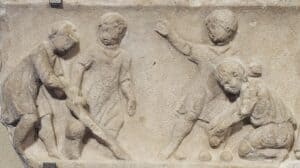 Boys playing
Boys playing
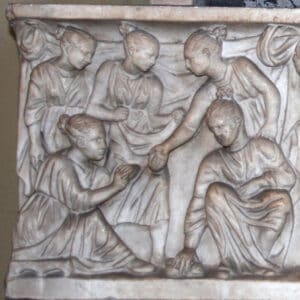
Girls playing
Boys and girls attended mixed schools until the age of twelve, from sunrise to noon.
Schooling was considered a privilege and not everyone participated. From this age on girls were given in marriage and at fourteen they were considered adults.
Get to know the course program: Culture, Beliefs and Life in Ancient Rome
1 – Culture, Leisure and Excesses
The Circus and the horse chariots races.
The Amphitheater and the combats.
The Baths.
The Banquets.
2 – Beliefs, Gods and Sacrifices
Graeco-Roman paganism.
The sacrifices.
The temples.
The gods (Jupiter, Juno, Neptune, Pluto, Minerva, Mars, Venus, Vulcan, Apollo, Diana, Mercury, Ceres, Bacchus…).
3 – Food and Fashion in Ancient Rome
The Clothing.
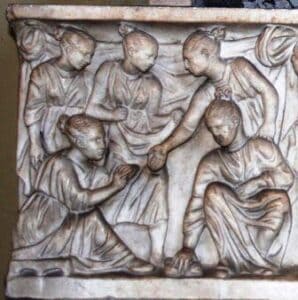
The Hairstyle.
The Food and the Wine.
4 – Personalities who marked life in Ancient Rome
Caesar Augustus.
Caligula.
Nero.
5 – Important Events in Archaeology
The discovery of the buried cities of Pompeii and Herculaneum.
6 – Roman homes
The Insullae.
The Villae.
7 – Roman Life
- The birth
- The adoption
- Adult age
- Sexuality
- The slaves
- The streets of Ancient Rome
- Homosexuality
- Health and magic
- The roman calendar.

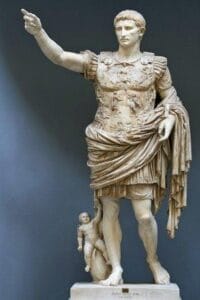
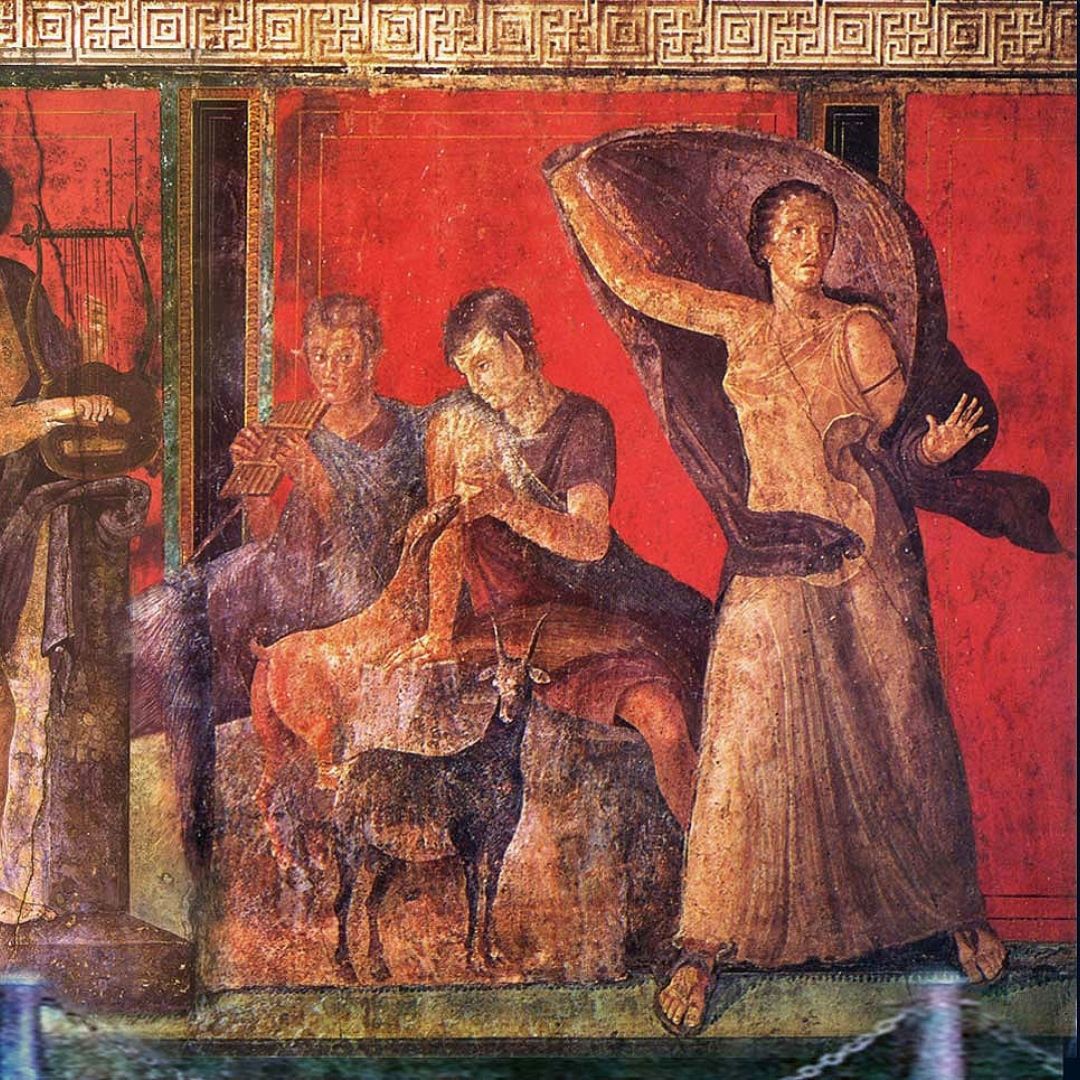




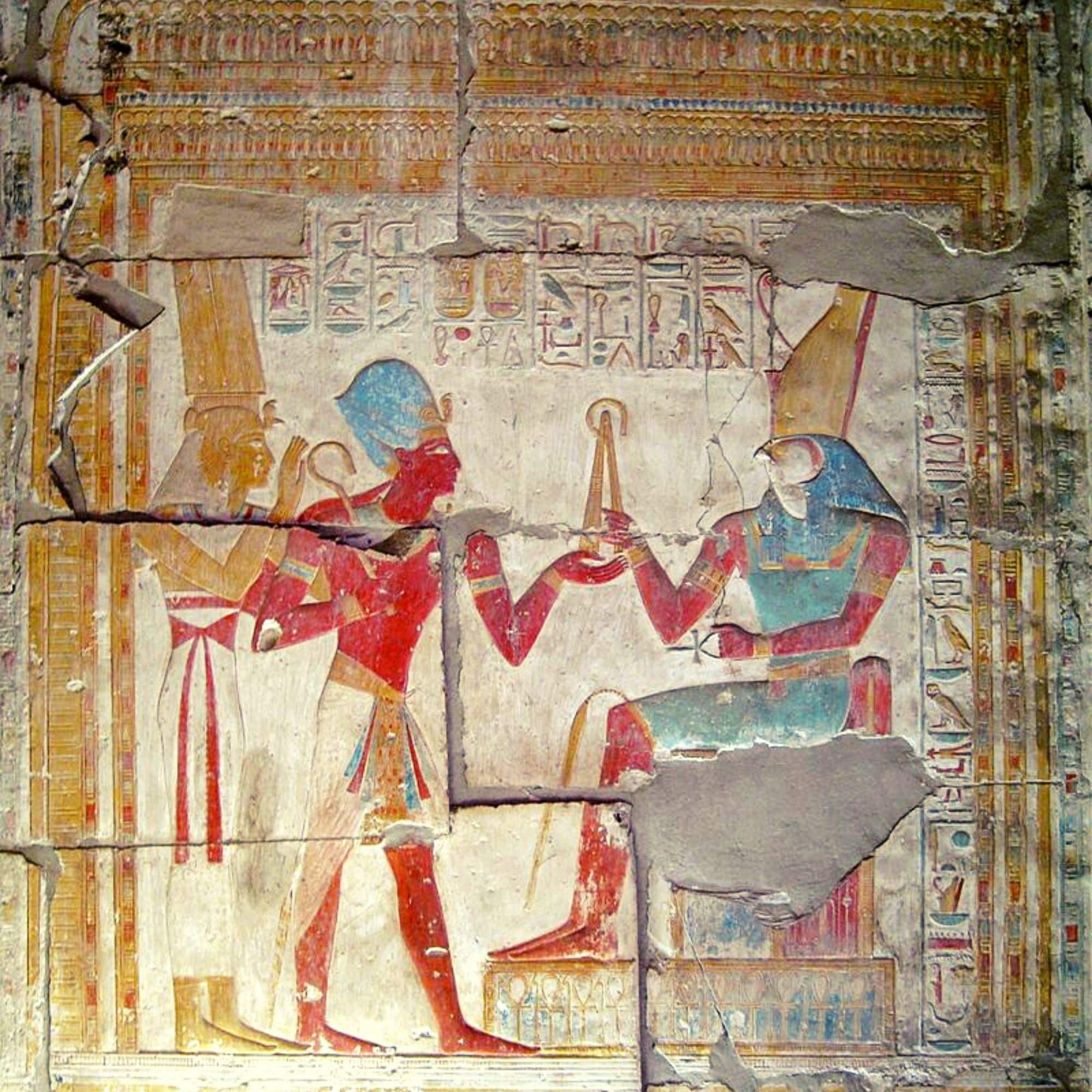
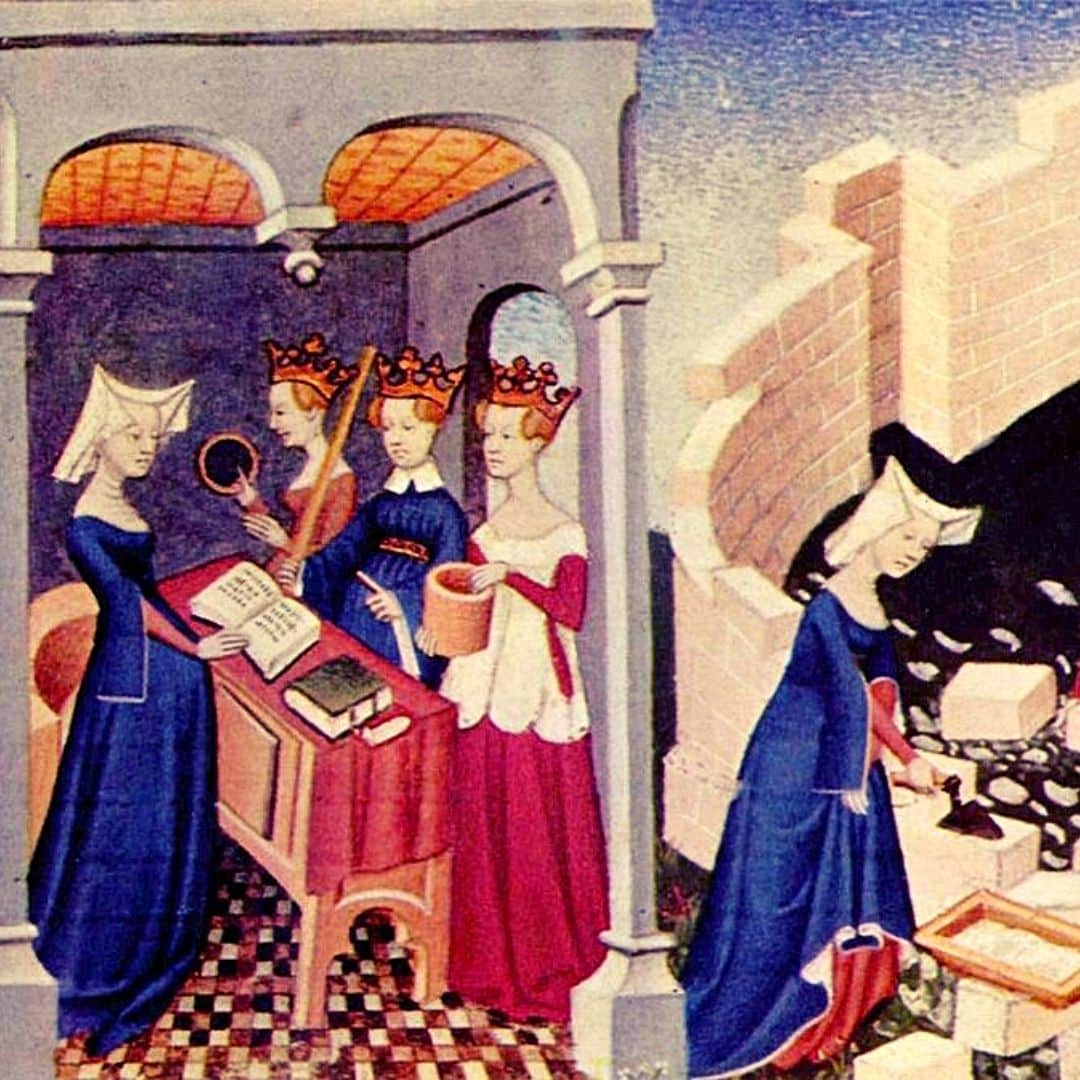
1 Comment. Leave new
Everything is very open and very clear explanation of issues. was truly information. Your website is very useful. Thanks for sharing.